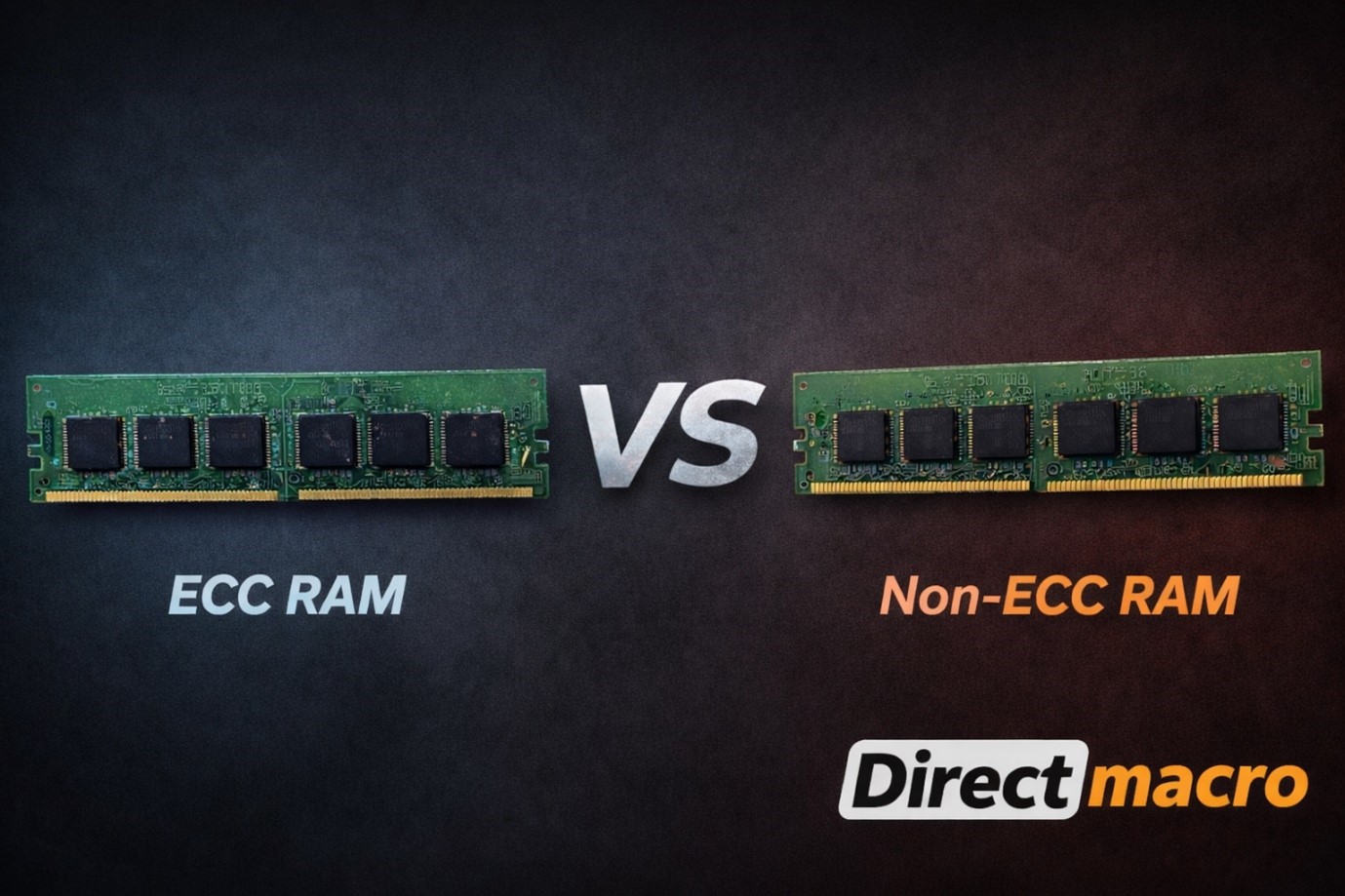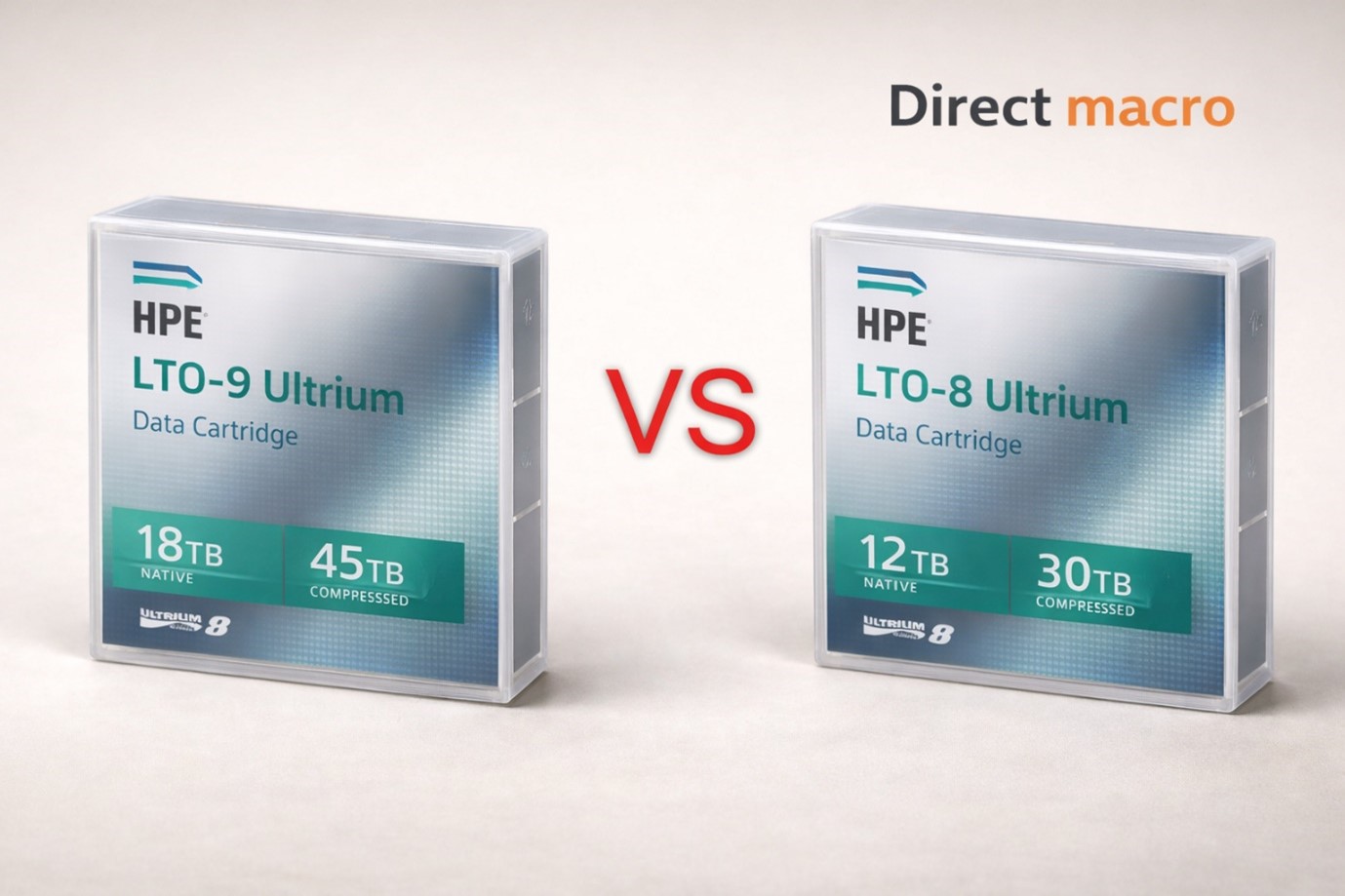The Arista 7010T-48: A Technical Overview of Features and Performance
Arista’s 7010X Series represents a leap in Ethernet switch technology, combining compact design with performance, scalability, and operational ease. The DCS-7010T-48-R, a standout model in this series, offers a blend of features that cater to today’s high-performance enterprises, including 48 port network switch capabilities and multi gigabit ethernet switch technology.
Product Overview
The Arista DCS-7010T-48-R is a high-performance 1G Ethernet switch with a 1RU form factor. It boasts 48 RJ45 ports and 4 SFP28 ports, supporting 1/10/25G uplink connections. With a switching throughput of 296 Gbps and latency under 2.8 microseconds, it’s designed to meet the demands of modern networks.
Advanced Features
The Arista 7010T-48 is packed with functionalities that set it apart in the crowded market of 48 port network switch solutions. From advanced Layer 3 routing protocols to innovative traffic control mechanisms, this multi gigabit ethernet switch is engineered to meet the demands of modern networking environments.
Layer 3 Routing
The switch’s Layer 3 routing capabilities, supporting OSPF, BGP, ISIS, and PIM, form the backbone of its design. These protocols enable resilient multi-path networks, ensuring that data can traverse various paths efficiently, providing redundancy and flexibility.
MLAG and ECMP
With MLAG and ECMP, the Arista 7010T-48 simplifies the often complex Layer 2 topology and enhances scalability. MLAG’s ability to bundle physical links into a logical link increases bandwidth, while ECMP’s load balancing ensures optimal resource utilization.
VXLAN Layer 2 over Layer 3
The extension of Layer 2 over Layer 3 through VXLAN technology offers unparalleled scalability. Supporting up to 16 million virtual networks, the DCS-7010T-48-R is a solution for creating vast Layer 2 networks over existing Layer 3 infrastructure.
Advanced Traffic Control
Equipped with sophisticated traffic control mechanisms, including CloudVision for workflow automation and LANZ for microburst detection, the switch is prepared to handle the dynamic nature of network traffic, maintaining smooth performance even during unexpected traffic surges.

DCS-7010T-48-R - Arista 48-Ports 10Gb/s RJ-45 and 4-Ports 1Gb/s SFP+ Network Switch
- Price
- $145.00
- Brand
- Arista
- Sku
- DCS-7010T-48-R
- Status
- Available
Overview
The Power of 48 Ports
The Arista DCS-7010T-48-R’s 48 RJ45 ports are not merely a numerical specification; they represent a philosophy of flexibility, scalability, and seamless communication. In an era where connectivity is paramount, the number of ports on a switch can be a defining factor in its suitability for various applications.
Flexibility and Scalability
These 48 ports symbolize both adaptability and growth potential. With support for 10/100/1000Mb connections, they ensure compatibility with a diverse range of devices, adapting to different networking needs from high-speed data transfer to standard office connectivity.
Seamless Communication
Designed to facilitate uninterrupted communication across a wide array of applications, these ports are more than connectors; they are enablers. Whether it’s data transfer within a bustling data center or linking different branches of a global organization, the Arista DCS-7010T-48-R’s ports are crafted to handle it all with finesse, making it an ideal 10 gb network switch.
Design and Build
The Arista DCS-7010T-48-R’s design and build are a testament to thoughtful engineering, prioritizing both functionality and efficiency.
1RU Form Factor
The compact 1RU (Rack Unit) form factor allows for easy integration into existing rack systems, maximizing space utilization without compromising performance.
Reversible Fan Module
A unique feature of the DCS-7010T-48-R is the reversible fan module, which supports both front-to-rear and rear-to-front airflow. This adaptability ensures optimal cooling, catering to different environmental conditions and rack configurations.
Dual AC or DC Power Supplies
The inclusion of dual AC or DC power supplies adds a layer of redundancy to the system. In the event of a power supply failure, the secondary supply takes over, minimizing downtime and maintaining uninterrupted operation.
Efficient Power Consumption
With typical power consumption ranging from 91W to 96W, the DCS-7010T-48-R is designed for energy efficiency. This not only reduces operational costs but also contributes to a greener and more sustainable networking solution.
Performance and Reliability
The Arista DCS-7010T-48-R is not just about sleek design; it’s about delivering consistent performance and reliability, essential for modern networking demands.
MAC Address Capacity
With a MAC address capacity of up to 64K, the DCS-7010T-48-R can handle a substantial number of devices. This large capacity ensures that the switch can support growing networks without the need for immediate hardware upgrades.
IPv4/IPv6 Routing Support
The switch’s support for both IPv4 and IPv6 routing protocols ensures that it is future-proofed and ready for the ongoing transition to IPv6. This dual compatibility guarantees seamless communication across various network configurations.
4MB Shared Buffer
The 4MB shared buffer plays a crucial role in managing data flow, especially during peak traffic periods. It helps in temporarily storing data, ensuring that packets are not dropped, and the network continues to function smoothly.
Hot-Swappable Fans
The hot-swappable fans add to the DCS-7010T-48-R’s reliability. In the event of a fan failure, it can be replaced without shutting down the system, minimizing disruption and maintaining the network’s integrity.
FAQs
How to Use a Network Switch?
To use a network switch, plug it into a power source and connect it to your router with an Ethernet cable. Then, connect devices like computers to the switch’s ports. Some switches may need configuration through software, following the manufacturer’s guidelines. It’s a simple process that enhances network connectivity and performance.
What Does a Network Switch Do?
A network switch acts as a main hub in a local network, linking multiple devices and managing data traffic between them. By directing data to the correct destination and minimizing collisions, it enhances efficiency. Managed switches offer additional features like security settings, making them versatile tools in network design.
What Is a Network Switch?
A network switch is a vital network device in a Local Area Network (LAN). It connects multiple devices like computers and printers, forwarding data to the appropriate destinations. Available in unmanaged (plug-and-play) and managed (customizable) variants, network switches facilitate seamless communication and provide flexibility in network configuration and expansion.
In A Nutshell
The Arista DCS-7010T-48-R is not just a switch; it’s a solution tailored for the evolving needs of modern networks. From its multi-gigabit capabilities to its advanced traffic control features, it represents a thoughtful convergence of technology and design.
Whether you’re looking to build a cloud-based infrastructure or enhance an existing network, the DCS-7010T-48-R offers a compelling option. Its blend of performance, scalability, and efficiency makes it a valuable asset for any enterprise seeking to stay ahead in the connectivity game. Visit Direct Macro to explore how the Arista DCS-7010T-48-R can elevate your network to new heights of efficiency and adaptability.
Do you need advice on buying or selling hardware? Fill out the form and we will return.

Sales & Support
(855) 483-7810
We respond within 48 hours on all weekdays
Opening hours
Monday to thursday: 08.30-16.30
Friday: 08.30-15.30








